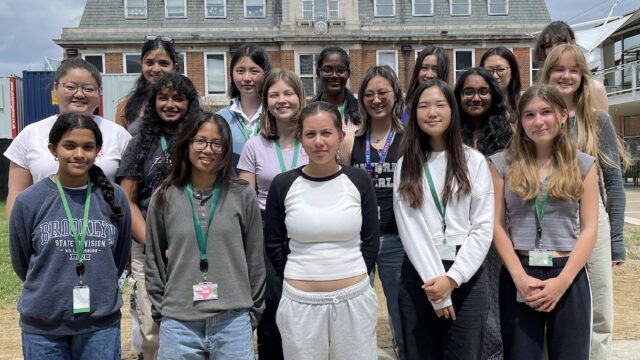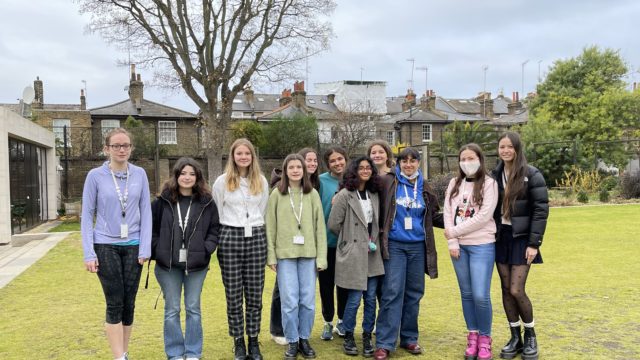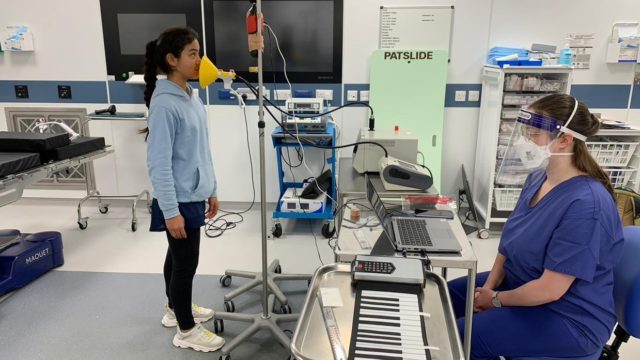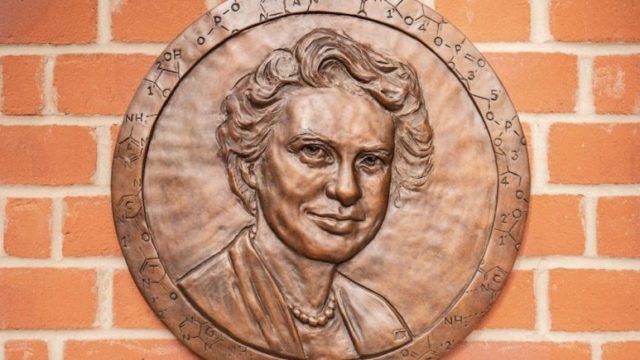Chemistry
The principles of chemistry underpin our understanding of the world, from the chemical processes in living organisms to the formation of stars millions of miles away.
What we study
At St Paul’s, chemistry is a highly popular A level subject; the material we cover is both interesting and challenging.
Over the two-year A level course, we cover the following areas: atomic structure and the Periodic Table, bonding and structure, redox chemistry, inorganic chemistry, energetics, equilibrium, acid-base chemistry, transition metals, organic chemistry, kinetics and modern analytical techniques.
The students’ practical work is also monitored and endorsed by the awarding body.
The course is split into two halves – organic and inorganic chemistry – mirroring the way in which the exams are organised. Each student is taught by two separate specialist teachers, one on each side of the course. In the first year of the A level course, students are taught for a total of seven periods per week, in the second year this increases to eight periods per week.
Beyond the curriculum
Senior chemistry students regularly take part in the Cambridge University Chemistry Challenge and the Royal Society of Chemistry International Chemistry Olympiad.
We encourage Senior School students in the mentoring and coaching of younger pupils in lower years of the school. For example, chemists in the VII (Year 12) run a weekly ‘Chemistry and Sustainability Club’, where they organise activities and practical work to engage and interest younger students in the subject.
Students undertake numerous independent research projects on topics such as ‘Investigating the concentration of Vitamin C present in different juice samples’ (practical-based) and ‘The history of penicillin’ (theory-based).
For the VII and VIII (Years 12 and 13), we run ‘Geek Club’, where a member of the department teaches voluntary lunch time classes covering material that goes beyond the A level syllabus. In the VIII (Year 13), university preparation classes are provided for students intending to read chemistry-related degree courses at university.
Where it might lead
Popular subjects studied at university by A level chemists are pure science, medicine, dentistry, veterinary science and engineering.
Alumna Rosalind Franklin (1920 – 1958) made contributions to the understanding of the molecular structures of DNA, RNA, viruses, coal and graphite.
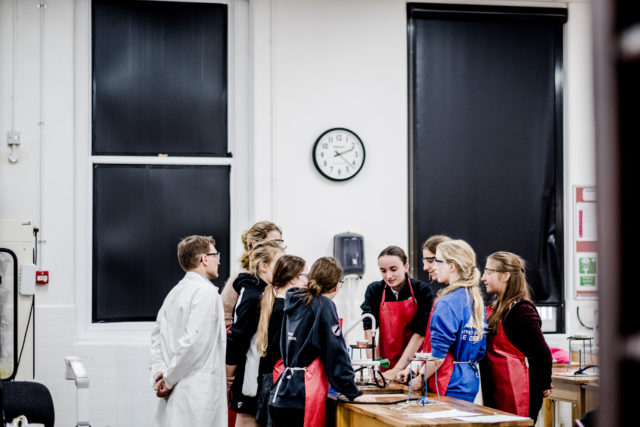
Qualification
A level
Board
Edexcel
Mode of Assessment
100% examination with Practical Endorsement (Pass/Fail)
